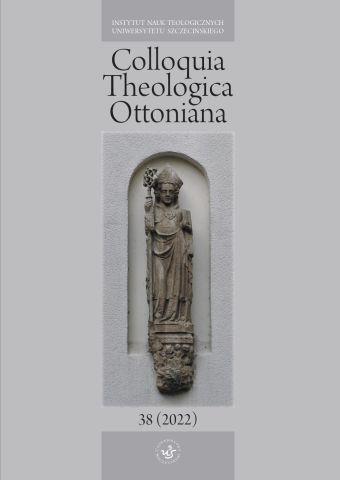Human Beings Reasonable and Moral: Lessons from the Civil Disobedience of Rosa Parks to Catholic Counselors and Psychotherapists
Human Beings Reasonable and Moral: Lessons from the Civil Disobedience of Rosa Parks to Catholic Counselors and Psychotherapists
Author(s): Jeong Yeon HwangSubject(s): Christian Theology and Religion, Theology and Religion, Sociology of Religion, Psychology of Religion
Published by: Wydawnictwo Naukowe Uniwersytetu Szczecińskiego
Keywords: identity; moral judgment; advocacy; Catholicism
Summary/Abstract: The article focuses on the function of moral judgments and the role of advocacy in the identity construction of Catholic priests and laity in the field of counseling and psychotherapy. By presenting Rosa Parks (1913–2005) as an exemplary figure who thinks and acts according to social ideals, such as justice and equality, the author demonstrates how her judgment to disobey the Montgomery bus segregation laws constructed her identity as a reasonable and moral person. Following the analysis of Rosa Parks’s identity formation, the author suggests that Catholic counselors and psychotherapists should become rational moral agents like her to enhance the welfare of their clients. By introducing the 2014 declaration of the American Counseling Association (ACA), which defined a commitment to justice as one of the core professional values of counselors, the author emphasizes that Catholic counselors and psychotherapists are invited to become advocates for the human rights and dignity of their clients; therefore, they must confront the unjust, unfair, inefficient, and inadequate practices and systems of society which dehumanize and oppress their clients. Principally, the roles of advocacy consist of empowerment and social action. The former implies that counselors and psychotherapists guide their clients, both inside and outside of sessions, to become advocates for themselves. The latter refers to advocacy for policy changes and system reforms through participation in various activities from legislation to protest. The author also discusses what changes in education, research, and practice are required to integrate an advocacy role into a process of therapeutic accompaniment for individuals with Christian faith.
Journal: Colloquia Theologica Ottoniana
- Issue Year: 2022
- Issue No: 38
- Page Range: 211-236
- Page Count: 26
- Language: English

